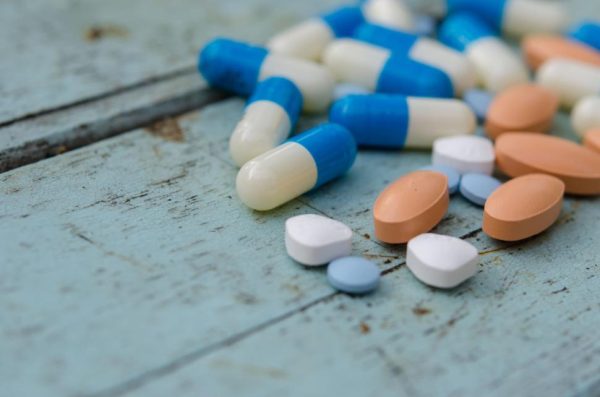Buggin’ Out About Superbugs
Contrary to their intended purpose, antibiotics have infected our lives – and that it a major problem. In the near future, it is plausible that pathogens could rage through the human race, with most modern medicines incapable of halting their “super” progress. Scientists have coined the term “superbugs” to describe this newly evolving breed of beastly bacteria, and the world is generally unprepared to deal with such a medical crisis.
What are superbugs, and what makes them so dangerous? Superbugs are bacteria that have developed resistance to the destructive qualities of the drugs developed to combat them. As a result, diseases that are already difficult to manage, such as strep throat, would be near impossible to treat, with the exception of those who are naturally immune. While it is true that a small portion of an infective population are often already naturally resistant to an antibiotic, taking the full prescribed course is often enough to deal with the issue effectively. Sadly, many people have a bad habit of forgetting or choosing not to continue with treatments after their most noticeable symptoms have been resolved, allowing those bacteria not dealt with at first to reproduce into an even larger colony of resistant subjects, capable of infecting others and unable to be destroyed by the go-to method.
Over the course of human history various methods have been implemented to treat disease and antibiotics are widely considered the most advanced. However, a combination of misuse and overuse has rendered them largely ineffective, as the World Health Organization once satirized: “2000 B.C. – Here, eat this root. A.D. 1000 – That root is heathen. Here, say this prayer. A.D. 1850 – That prayer is superstition. Here, drink this potion. A.D. 1920 – That potion is snake oil. Here, swallow this pill. A.D. 1945 – That pill is ineffective. Here, take this penicillin. A.D. 1955 – Oops…bugs mutated. Here, take this tetracycline. 1960-1999 – 39 more ‘oops.’ Here, take this more powerful antibiotic. A.D. 2000 – The bugs have won! Here, eat this root.”
The human race has not even been reaping the benefits of all this drug use, because many of our current antibiotics are used preventatively in food animals, rather than offensively in humans. According to Food Safety News, an estimated 80% of modern drugs are used on animals each year, either to enhance their growth or compensate for unsanitary living conditions. These eventually leads to the spread of superbugs into most areas of the environment, as waste products are used for agriculture or simply discarded and as humans consume their meat for food. There are efforts to curb this practice but as the New York Times reports, it is largely uncontrolled, and antibiotic use in food animals in expected to rise by two-thirds by 2030.
This is of course not a lost cause – at least not yet. According to UC Berkeley, there are several precautions people can take to limit the spread of superbugs. These include restricting antibiotic use to only severe infections, taking the full course when they are prescribed, and simply washing one’s hands – a practice that keeps one healthy “and off the antibiotics that would contribute to the evolution of even more resistant bacterial strains.”





